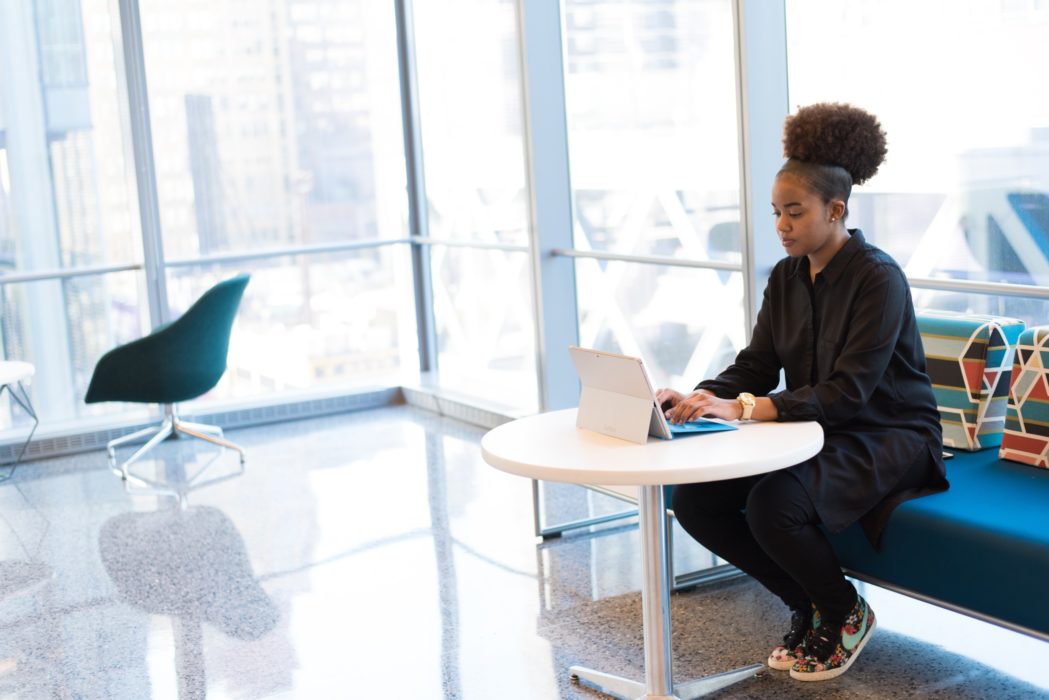
By Heather Nezich, courtesy of SBAM Approved Partner ASE
A new study, Workplaces in Crisis: Employee Care Still Missing the Mark, was recently released by an employee experience software company, Limeade. The study revisits the Limeade 2020 Employee Care Report from March, comparing results from before the pandemic with today. The findings reveal how COVID-19 has impacted employee burnout, emotional health, overall well-being, and engagement – and how both managers and companies are falling short on showing employees they authentically care.
“The results of this survey show an urgent demand for organizations to better care for their employees,” said Dr. Laura Hamill, Chief People Officer and Chief Science Officer at the Limeade Institute. “Managers are trying to support their teams, but employees aren’t feeling the impact, suggesting a lack of bandwidth and training. Meanwhile, those same employees feel stuck in their jobs and women are disproportionately struggling. Organizations should read these findings as a call to action to take a closer look at their employee experience in a time when their people need it most.”
The report surveyed 1,000 employees (500 in manager roles and 500 in non-managerial roles) at companies with 500 employees or more.
Key findings include:
Employee burnout has skyrocketed during the pandemic – and managers feel responsible.
- The percentage of employees that said they’re currently burned out (72%) is a sharp increase from the number of employees who said the same in the pre-pandemic Employee Care Report (42%.)
- Managers feel responsible, with 84% reporting they feel at least “somewhat” responsible for whether their direct report experiences burnout or not.
- In addition, 38% of employees listed “struggling with burnout” as one of the most stressful aspects of their jobs since the outbreak of COVID-19.
- Managers are no exception, as 59% reported working more hours since the pandemic’s start, and 72% reporting they at least “sometimes” feel pressure to work when sick.
Managers are carrying the weight of COVID-19, but their teams are slipping through the cracks.
- Not only do managers feel their own burnout, they’re also navigating the severity of their direct reports’ burnout. Thankfully, 73% said their organizations provided them with resources support employees.
- But their best efforts may be falling flat, as only 55% of non-managerial workers felt their employers genuinely cared about their well-being.
- And while 71% of managers said they at least “somewhat agree” that one-on-one meetings with their direct reports have focused more on well-being, only 33% of non-managerial workers said the same.
Male and female managers are living wildly different remote work experiences.
- Male managers feel more comfortable requesting a well-being day off. In fact, 60% said they felt “extremely comfortable” doing so, compared to 25% of female managers.
- Only 11% of female managers reported “extremely positive” well-being during the pandemic compared to 42% of male managers.
- Female managers have a greater fear of losing their job due to the pandemic, at 33% compared to 26% of male managers.
- Only 73% of women feel equipped to support the emotional needs of their team compared to 94% of men.
Although most workers aren’t looking to jump ship at the moment, employers should still invest in keeping employees engaged. Just because employees are staying on board now doesn’t mean they’re productive, tuned in, or plan to remain over the long term. Now more than ever, employers must keep a close eye on the employee experience and level of engagement.